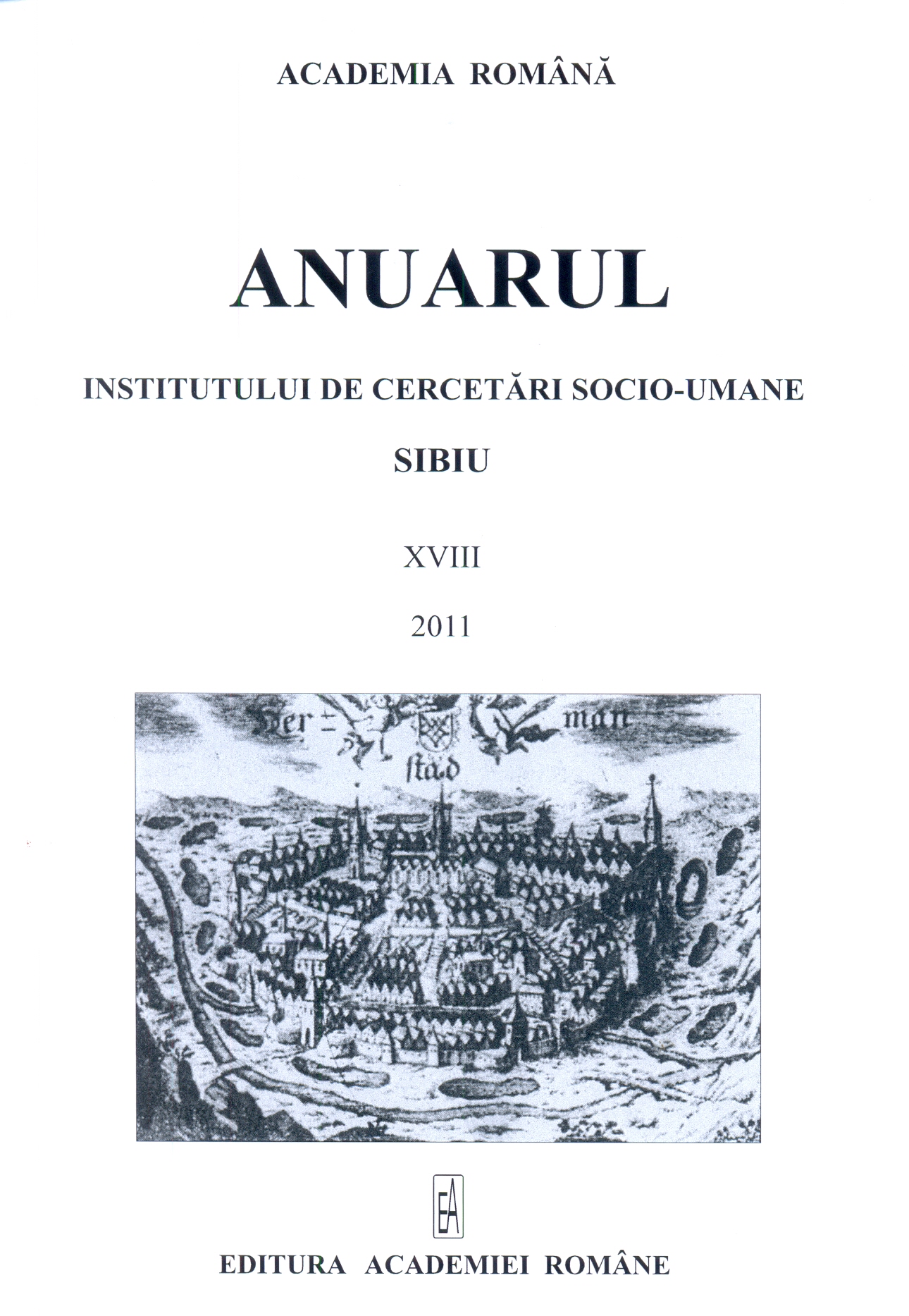WORDS’ LABORS’ WON
WORDS’ LABORS’ WON
Author(s): CHIEN DIDISubject(s): Theory of Literature, British Literature
Published by: Editura Academiei Române
Keywords: Shakespeare; drama; writing and speaking; euphuistic language;
Summary/Abstract: To a larger extent than in any of Shakespeare’s previous comedies, language turns in Love’s Labour’s Lost into a protagonist of conceited parody and farce. What one can thus observe is Shakespeare getting engaged in a sustained exploration of the theatrical dimensions of language, in experimenting with its speaking and writing forms. Shakespeare’s main rhetorical bet, on the motif of the codex and to a certain extent on the male protagonists, substantiates a quasi-masculine society of “rich wisdom”. Writing is featured thus in its most benign and practical form of a covenant, as the means of subscribing to the foolish vows that Ferdinand, the king of Navarre, prompts three other young gentlemen and “fellow scholars” to take also. In the long run, these vows, which are written down, but not followed, will be shown to be an infringement of commonsensical human existence. It is Biron, one of these young men, who ironically trigger a deconstruction of the writing that records such oaths. Obviously, it is not writing as such that is blamed, but rather the human thinking that accepts being pushed too far and that can no longer compete with the needs of body and soul. Shakespeare is quite deliberate in exposing the shortcomings of a too-sophisticated, euphuistic language, made up of “high-borne” words, castigated by the criticism of the time as “ink-horn” terms, whose endless, gratuitous flow may make the verbally-prodigal king reach even ecstasy, intoxicating him in the same way in which hypomnestical writing affects Lysias in Plato’s Phaedrus. Notably, in Shakespeare’s case, to follow in the footsteps of several prestigious forerunners is merely the prerequisite of having his own revelations and introducing them accordingly. Such an iconoclastically-creative approach is much more conclusive than any dry theoretical critical debate. While accounting for the irresistible metadramatic spell of Shakespeare’s comic works, it also provides the actors with invaluable, endless possibilities of asserting themselves within the actual performance.
Journal: Anuarul Institutului de Cercetări Socio-Umane Sibiu
- Issue Year: XVIII/2011
- Issue No: 18
- Page Range: 143-159
- Page Count: 18
- Language: English
- Content File-PDF

